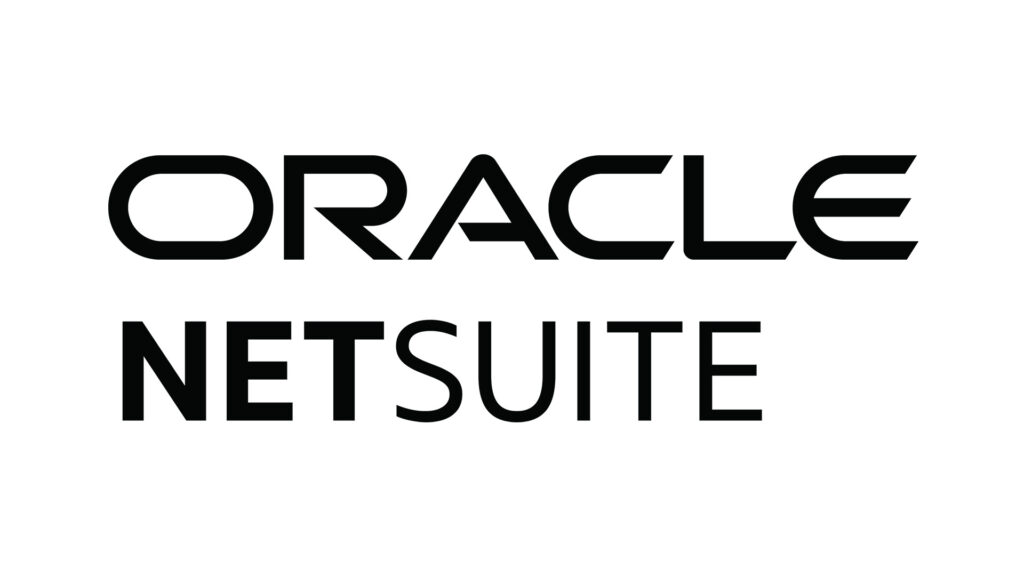The start of 2024 saw several high-profile accounting mistakes with companies having to publicly correct their quarterly earnings statements. While the specific causes of the errors were unclear, the incidents had many pointing the finger at a burgeoning risk factor: the shortage of certified public accountants.
A recent report by Bloomberg News estimates the United States is short 340,000 accountants due to the retirement of seasoned practitioners and the lack of new workers entering the profession.
For CFOs, this means they need to find creative ways to bolster their businesses’ accounting capabilities now, or face consequences including overworked teams, higher costs, and increased accounting errors later. Here are five ways that CFOs can proactively mitigate the impact of the accountant shortage:
1. Lessen the workload with technology
Many accountants spend a large portion of their time doing basic, repetitive tasks rather than more strategic financial analysis. Implementing software can help shift time allocation for accountants by automating time-consuming and routine tasks including data entry and financial statement preparation.
Key areas to consider implementing software to automate processes include billing and invoicing, budgeting and forecasting, accounts payable, accounts receivable, and close management. With the right technology in place, companies can lessen the accounting
staffing needed, without sacrificing accuracy or compliance.
2. Build from within by upskilling employees
One of the best long-term strategies a business can take around the accountant shortage is upskilling its own talent—whether it be offering current employees accounting-related professional development opportunities or hiring raw talent with an interest in accounting, finance, and bookkeeping.
With the right tools and training in place, companies can offset the need for accounting credentials by being willing to train more nonaccounting hires as well as their current staff to meet the needs of businesses. Particularly as the accounting profession becomes more technology-supported with repetitive functions automated, skills such as data analysis, collaborative research, and advanced analytics are increasing in importance.
CFOs can help foster a culture of continuous development by providing certification assistance, allocating a budget for professional development, and building personalized curricula for staff to fill the company’s skills gap.
3. Bring in the professional services experts
A professional services firm can bring access to advanced accounting technologies, skills, and expertise that may be difficult—and expensive—to cultivate in-house. Benefits of outsourcing all or some of the accounting function could include potentially decreased costs and access to more specialized expertise without having to find and hire a full-time employee for that skill. It’s also more easily scalable, so you can adjust the outsourcing to meet a business’s changing needs.
The accountant shortage has hit firms as well, which makes it more difficult to find a good accounting provider. If your company can automate and run at least some of its accounting processes internally, it will make it easier and significantly less expensive to find a firm with the bandwidth. The provider can then focus on bringing the expertise or capacity most needed by your company.
4. Tap into offshore talent pools
While offshoring has traditionally been used to complete repetitive tasks around bookkeeping and task preparation, more companies are tapping into international resources for technical and strategic tasks.
A crucial component to keep in mind when offshoring accounting is around legal and regulatory compliance. For example, are there data residency requirements, either by regulation or company policy, that dictate certain data stay in-country? Before contracting an offshore accounting partner, review their data security protocols and verify they meet ISO and SOC standards, as well as GDPR compliance.
Because the international talent pool will likely face the same talent pipeline shortages eventually, it may be best to view offshoring as a short-term fix while building up internal talent and technology capabilities.
5. Hire the best people and help them thrive
For those looking to keep accounting talent in house, making your company an attractive place to work is going to be paramount. There are several incentives that have been proven effective in attracting and retaining accounting talent, such as offering flexible work options, cultivating strong ties with academia to attract potential hires, and providing professional development opportunities.
One of the most notable strategies to attract and retain accounting talent is to give them modern technology. In the July 2023 edition of FloQast’s Controller’s Guidebook series, more than 60% of surveyed accountants reported that technology is more important in their job satisfaction today than it was two-to-three years ago, with 43% being “extremely likely” to ask about technology in a job interview. Respondents thought having the right technology would result in multiple benefits, including better company performance and culture.
Want to learn more about the accountant shortage and strategies to avoid a staffing crisis? Download the full business guide here.

About Oracle NetSuite
NetSuite has everything you need to grow, all in one place.
The company supports over 36,000 customers in 217 countries and territories around the world. As the world’s first cloud company, NetSuite provides a full, cloud-based ERP suite, including financials, inventory management, HR, professional services automation and omnichannel commerce modules.

